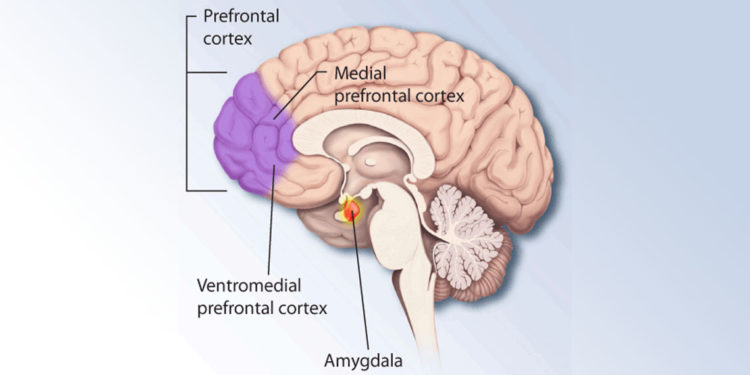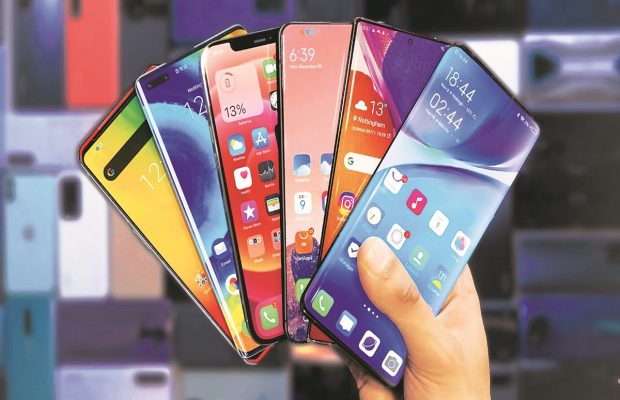Reading on a smartphone promotes overactivity in the prefrontal cortex and lowers reading comprehension, study finds.
The following written content by Beth Ellwood

A new study published in the journal Scientific Reports lends support to a body of research suggesting that reading on electronic devices reduces comprehension. The study found that reading on a smartphone promotes overactivity in the prefrontal cortex, less frequent sighing, and lower reading comprehension.
More than ever, people are reading via electronic devices — for example, consuming news, reading books, and studying for exams on smartphones and tablets. But on top of causing eye strain and headaches, research suggests that using these devices leads to poorer reading comprehension — although it is unclear why.

Study authors Motoyasu Honma and team launched a study to explore a possible reason for this effect. The researchers focused on two factors known to be associated with cognitive function and performance — the visual environment and respiration patterns. They proposed that the visual environment of reading on a screen may alter respiratory function and brain function, which may interact to impact cognitive performance.
“A woman working next to me was a constant loud sigher, and I began my research by wondering why she sighed so much,” explained Honma. “As I looked into previous studies, I became interested in the fact that sighing has a negative impression on social communication, while it has a positive effect on cognitive function. Now that I think about it, she may have been subconsciously using sighs to improve her work efficiency.”
A sample of 34 Japanese university students took part in the experimental study. Each student participated in two reading trials, where they either read a text on a smartphone or read a text on paper. The two texts were passages taken from two novels by the same author, and the conditions were counterbalanced so no student read the same text twice.
While the students read, they wore functional near-infrared spectroscopy (NIRS) headbands that measured activity in the prefrontal cortex and masks around the mouth and nose to measure respiration patterns. After reading, the participants completed a reading comprehension test that included 10 questions related to the content of the passages. Read more from PsyPost.





